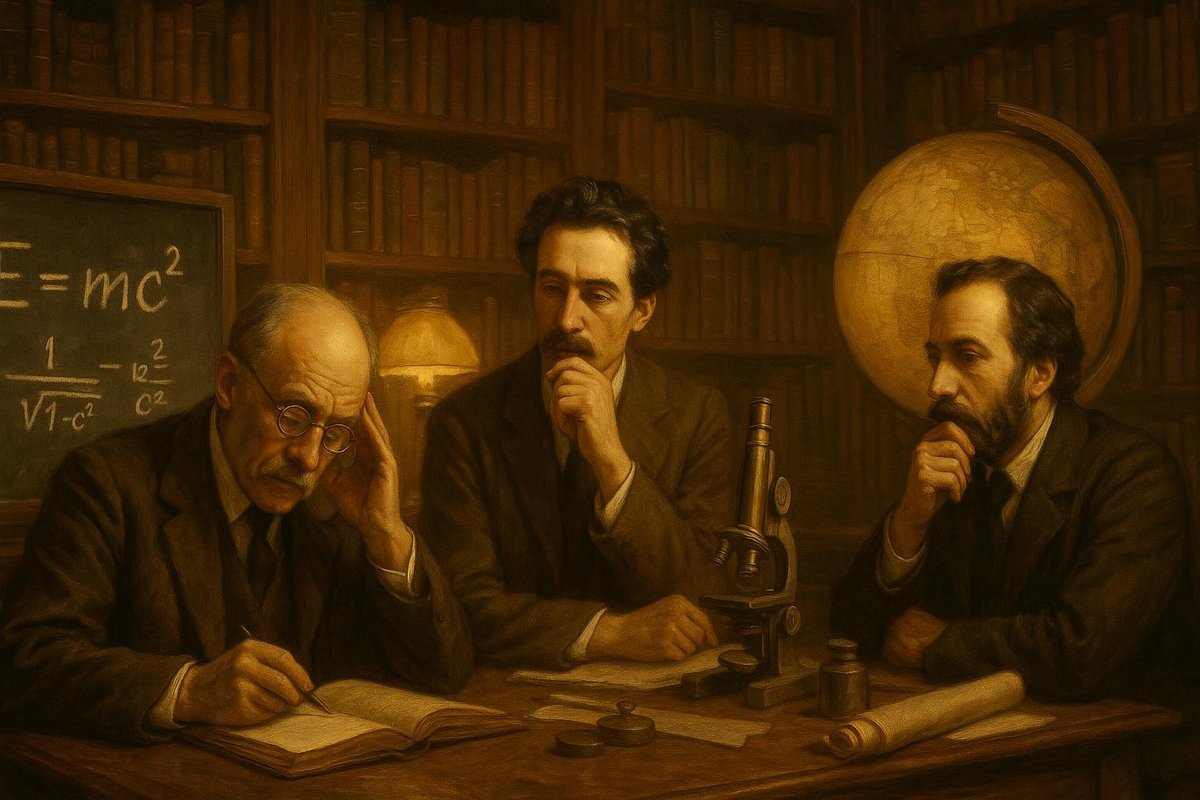
Unpacking the Complexities of Time Travel
Time travel: fiction’s fanciful wish or science’s future frontier? This question is not as straightforward as it appears. Time, intriguingly, is not merely a linear path from past to future but a dimension intertwined with space. Einstein’s General Theory of Relativity, introduced in 1915, revealed that massive objects like stars and planets warp the fabric of space and time, a concept that made ripples not just in science but in culture too.
Before Einstein, time was considered an ‘absolute’ entity, ticking uniformly throughout the universe. This model was fundamentally insufficient for explaining natural phenomena observed at cosmic scales. The early 20th century, a period of rapid scientific and cultural transformation, provided fertile ground for revolutionary concepts such as relativity to take root.
- Before Einstein, Newton’s fixed time and space held sway.
- Einstein’s theories suggested time could flex and bend with gravity.
No wonder such ideas sparked both scientific inquiry and imaginative fiction.
Surprising Facts: The Dance of Science and Culture
The interplay between theoretical physics and cultural imagination is akin to a symbiotic dance, where each partner sways and spins with the other. The release of Einstein’s theories coincided with a burgeoning interest in science fiction, a genre eager to explore the possibilities of time manipulation.
Interestingly, H.G. Wells’ The Time Machine, published in 1895, predated Einstein’s relativity but ignited imaginations and inspired scientific thinkers. The novel’s depiction of time as a path suggested unorthodox possibilities that resonated with a society on the cusp of modernity.
- Science fiction creatively pushed the boundaries of what might be possible.
- Einstein’s work offered a scientific foundation for these speculative ideas.
As time went on, concepts such as black holes and wormholes, rooted in physics, became staples of speculative fiction. This cross-pollination led to new ideas, motivating scientists and dreamers alike to ponder the cosmos’s mysteries.
What Science Says: The Reality Behind the Fantasy
While cultural imagination has explored time travel’s wonders and paradoxes, science offers a more grounded perspective. Theoretical physics proposes several mechanisms by which time travel might occur, though they remain speculative.
One intriguing avenue is the concept of wormholes, theoretical passages through spacetime that could connect disparate points in time and space. These ideas, stemming from solutions to Einstein’s field equations, suggest avenues for time travel within the bounds of our current understanding of physics.
- Wormholes present a theoretical but unproven method for time travel.
- Time dilation, as experienced by astronauts in orbit, is a real-world example of relativistic effects.
Of course, these possibilities come with significant caveats: the requirement for exotic matter and energy densities that challenge current technological capabilities. Yet, the pursuit of these ideas continues to fuel scientific research and debate.
What It Means for Us: Dreams and Realities
The interaction between time travel theories and cultural imagination underscores a broader theme: the human desire to transcend the temporal constraints of existence. This dialogue between fiction and science reflects a yearning to understand our place in the universe more profoundly.
From a philosophical standpoint, time travel challenges our concepts of causality and free will, provoking discussions that transcend physics alone. As theories evolve and our understanding deepens, the boundary between science and speculation becomes increasingly blurred.
- The debate over time travel often reflects broader existential questions.
- Science’s pursuit of understanding pushes the limits of what we consider possible.
As we continue to explore these concepts, we are reminded of the power of imagination in driving scientific inquiry, an interplay that continually reshapes our understanding of time and our universe.
Fuel Someone Else’s Curiosity
Time travel may remain theoretical, but the conversation about it is far from static. Share this journey through time and imagination with others. Whether it’s a friend fascinated by physics or a bookworm with a penchant for science fiction, this exploration offers something for everyone. Let’s keep the dialogue alive and inspire the next wave of thought and discovery.

Leave a Reply